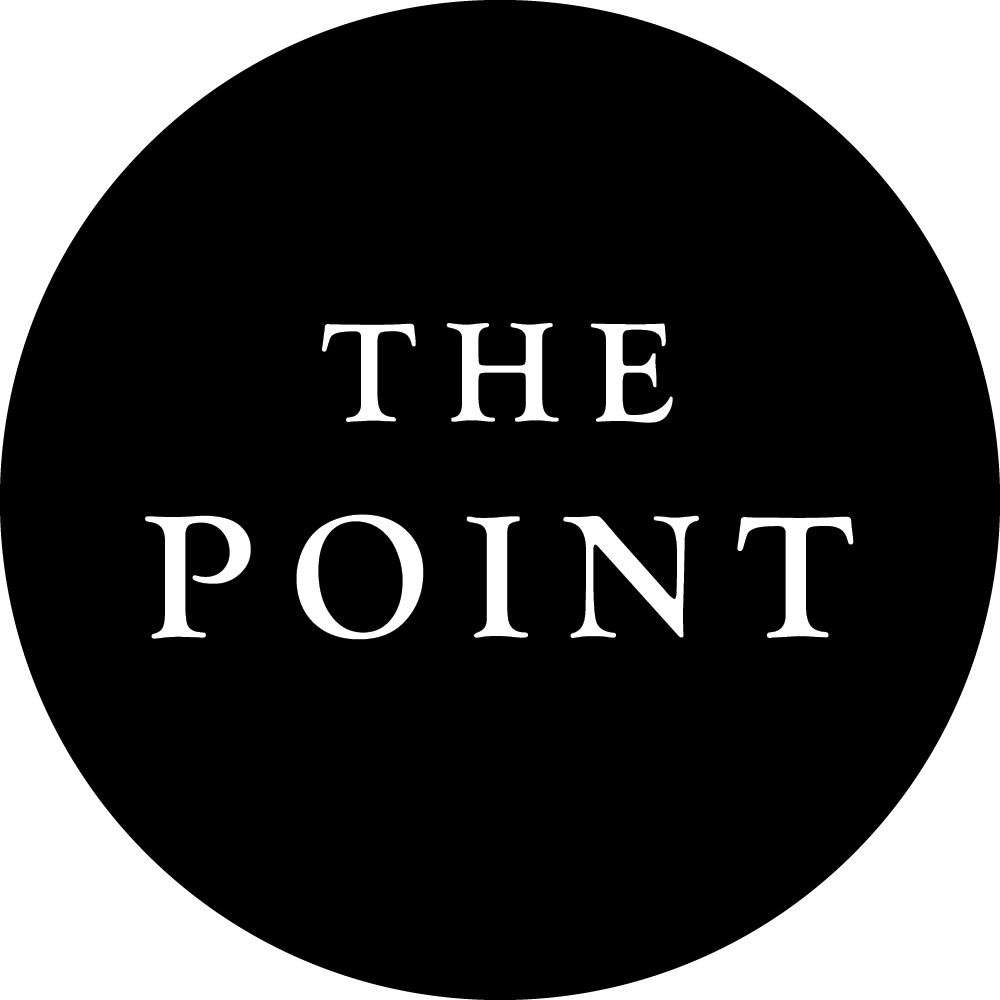About us
Founded in 2023, the Program for Public Thinking is a joint project of The Point magazine and the Parrhesia Program for Public Discourse at the University of Chicago that seeks to cultivate habits of thought traditionally associated with liberal arts education but largely absent from our broader cultural discourse: analytic rigor, interpretive generosity, and the ability to test and question one’s own convictions—as well as an appreciation for the legitimacy of a plurality of coherent philosophical, religious, and political viewpoints.
Led by a core faculty of teachers, editors, and writers with experience bridging the divide between academia, journalism, and cultural criticism, the Program seeks to inspire a more thoughtful, self-reflective, and pluralistic public discourse. We are committed to supporting the sort of responsible thinking necessary for sustaining an ethically responsive public.
S P O N S O R S
Rooted in the University of Chicago Principles of Free Expression, the Parrhesia Program for Public Thought and Discourse offers innovative undergraduate curriculum, programming, and outreach in freedom of expression and the theory and practice of discourse. The Program follows a holistic approach to free expression and public discourse, recognizing that the classroom is only one space among many in which students exchange their ideas and views and that free expression must be practiced non scholae, sed vitae.
The Point is a magazine of philosophical writing, literature and criticism. Founded at the University of Chicago in 2009, the magazine has sought to publish work that is faithful to the original, Socratic vision of philosophy—not as a rarefied activity for scholars and academics, but as an ongoing dialogue that helps us all live more examined lives.
FAQ
-
The Program for Public Thinking is not intended, now or in the future, to be a substitute for the depth and breadth of a university education. Rather, the program aims to help universities live up to their highest ideals at a time when so many incentives mitigate against the cultivation of thoughtfulness both on and off campus.
In addition, the program will bring students in contact with speakers and instructors with years of experience engaging nonacademic audiences about ideas, something they are less likely to find on their college campus. This will allow discussion of topics that rarely come up in university coursework, around how to communicate with diversely educated audiences and contend with the multiplying economic, technological and political challenges of operating in today’s public sphere.
-
It is foundational to our project to assemble cohorts with a broad diversity of backgrounds and convictions and therefore the Program for Public Thinking encourages students from all political, philosophical, and religious perspectives to apply. (It is also okay to be undecided politically.)
The Program for Public Thinking is not chiefly concerned with “cancel culture” or “freedom of speech.” We will make sure to create a welcoming space for the pursuit of truth wherever it leads, but we take it as part of the problem that such buzzwords have come to stand in for serious engagement with the difficulty and complexity of approaching controversial topics in a pluralistic society. The Program aims to provide students with the habits, skills, and knowledge that is necessary to steer clear of both thoughtless conformity, and thoughtless heterodoxy.
-
Although our workshop is currently only open to undergraduates, we intend to eventually expand our programming to include seminars for graduate students and professionals working in culture, politics, and the arts. Please don’t hesitate to get in touch with us if you are not an undergraduate but are interested in such programming or have ideas for how to expand the work we are proposing to do on your own campus or in your workplace.
-
All currently enrolled undergraduate students at U.S. and Canadian colleges and universities—including graduating seniors—are eligible to apply.
-
Our second workshop—to be held in the summer of 2024—will be led by Point founding editor Jon Baskin and Washington Post book critic Becca Rothfeld. The theme of the workshop is “The Personal and the Political.”
Our pilot workshop, on “The Future,” was taught in the summer of 2023 by Point editors Anastasia Berg and Jon Baskin.
To see candidates for future workshop leaders and speakers, check out our People section. Some topics under consideration for future workshops include: What is Tech for?, Race and Pluralism, Art and Democracy, and Conspiracy Theories.
-
If you are accepted into the summer workshop, all your travel and lodging costs will be paid for, along with free tuition for the credit-granting, two-week workshop. Workshop participants will receive grades. (Those grades will depend heavily on good-faith participation.) You do not have to take the workshop for credit, but if you intend to, we advise checking with your college or university to be sure they will accept it.
-
No! Though other UChicago Summer Session programs have a $50 application fee, the application process for this program is completely free. You will not be prompted to pay when you complete your application.
-
Workshops will be designed as inquiries into the nature and challenges of public thinking at the same time as we practice the skills necessary to engage productively in public dialogue. Mornings will be spent in structured discussions and writing exercises in response to assigned readings, while afternoons will involve more group-oriented activities. There will also be outings planned around the city and occasional evening activities including film screenings.
Readings will vary depending on the workshop with some “core texts” that will be read in each workshop. Readings on thinking and intellectual life may include texts by Aristotle, Hannah Arendt, Pierre Bourdieu, Ralph Ellison, Franz Kafka, C. Wright Mills, Susan Sontag, Adrienne Rich, and Alasdair MacIntyre.
For their final assignment, students will be asked to design a project to encourage public dialogue on their own campus or in their own community.
-
Good question! For that matter, what do we mean by “thinking”? A thread that will carry through all of our workshops and programming will be to clarify for ourselves what we mean by those two complicated words: public and thinking. Here are a few other questions we’ll be discussing: What are the responsibilities of thinkers in a democracy? What is the relationship between journalism and activism, or humanistic education and social change? How can public commentators address, rather than exacerbate, the fragmentation and polarization of our cultural discourse? More basically: What is a public intellectual, and what good are they? How and why do ideas matter outside the university?
STAFF
-

Oliver Golden Eagan
WORKSHOP COORDINATOR
Oliver Golden Eagan is a writer and editor based in New York. After attending the first Summer Workshop, Oliver went on to intern at Harper’s and now serves as workshop coordinator. He is currently editing Stephanie Fetta's monograph, Shaming into Brown, for Cambridge University Press. Address any questions about the program to oeagan@thepointmag.com
-

Rachel Wiseman
POINT MANAGING EDITOR
Rachel Wiseman is the managing editor of The Point and one of the coordinators of the Critics Club series at UChicago. She is co-authoring a book with Anastasia Berg called What Are Children For?
-
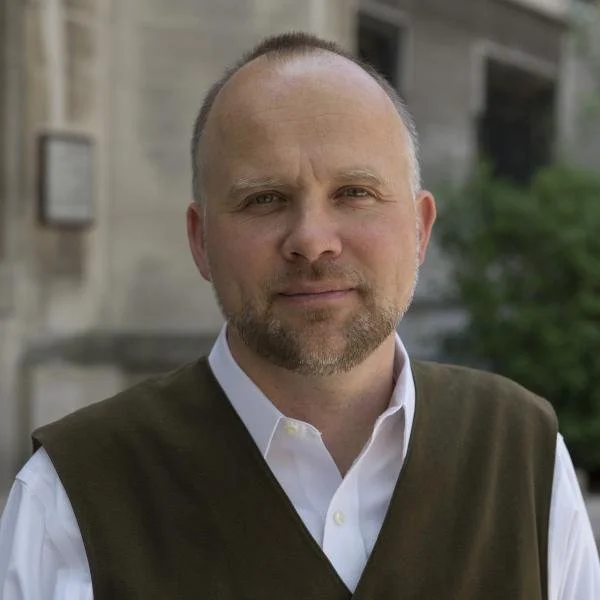
Christopher Wild
DIRECTOR OF THE PARRHESIA PROGRAM
Christopher Wild is a professor of Germanic Studies and the director of the Parrhesia Program for Public Thought and Discourse at the University of Chicago.
THE PUBLIC THINKING TEAM
Advisers, affiliates, and potential workshop instructors
-

Thomas Bartscherer
Thomas Bartscherer is a writer and editor. He teaches in the humanities at Bard College and is currently co-editing the new critical edition of Hannah Arendt’s The Life of the Mind, forthcoming in 2023.
-

Jon Baskin
Jon Baskin is a founding editor of The Point and the interim director of the Public Thinking Program. He currently teaches in the NYU Cultural Reporting and Criticism department; formerly, he was deputy editor of Harper’s and served as associate director of the Creative Publishing and Cultural Journalism program at the New School. He will be leading the 2025 workshop on “Art and Immorality” with Anastasia Berg.
-

Anastasia Berg
Anastasia Berg is a writer, critic and editor at The Point. She is an assistant professor of philosophy at UC Irvine. Her book, What Are Children For?, co-authored with Rachel Wiseman, was published in June 2024 by St. Martin’s Press. She ran the first summer workshop in 2023 with Jon Baskin and will return in 2025 to lead the “Art and Immorality” workshop.
-
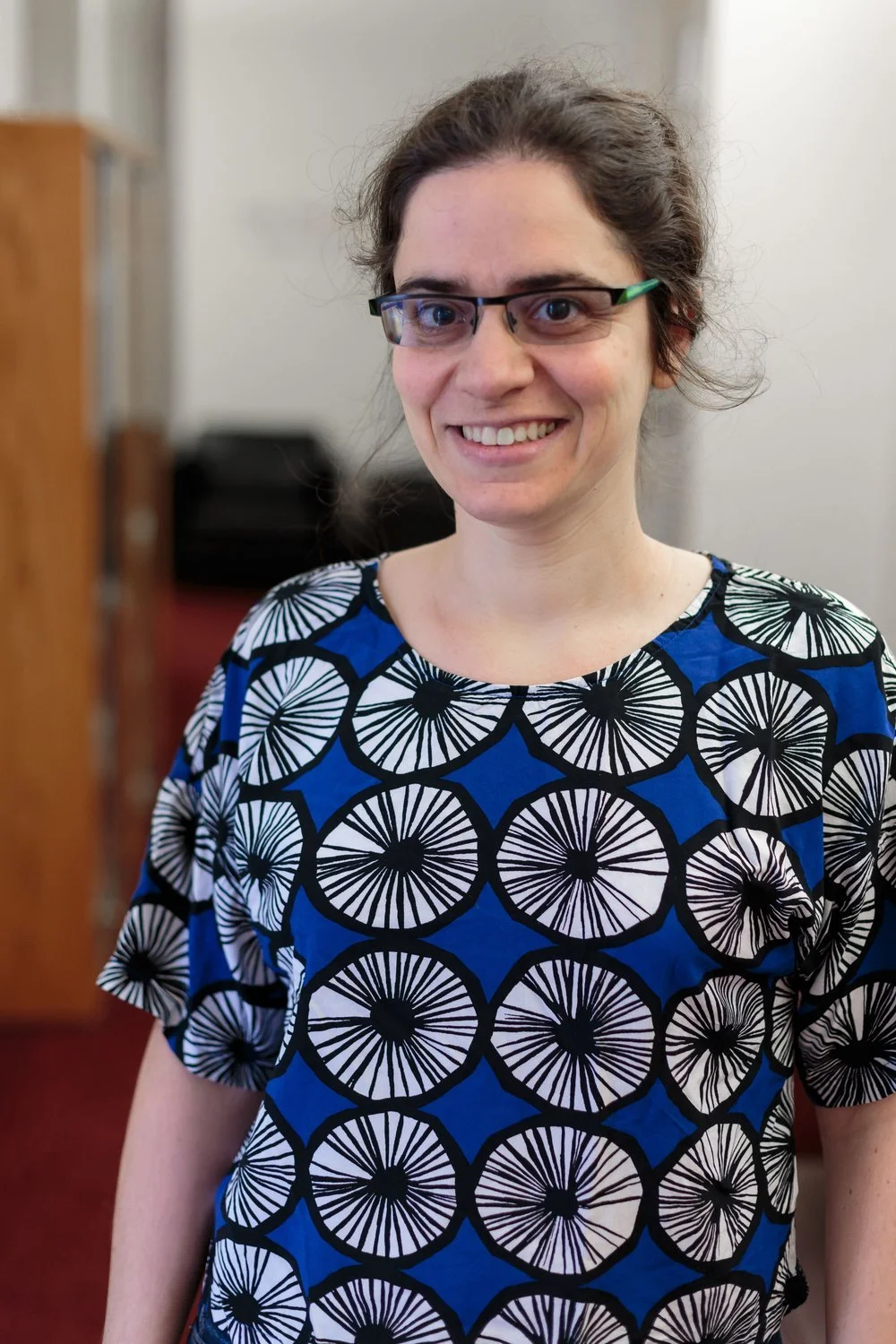
Agnes Callard
Agnes Callard is an associate professor of philosophy at the University of Chicago. She is the author of the books Open Socrates and Aspiration and was The Point’s public philosophy columnist. She will be leading the “Democracy and the Elites” summer workshop in 2025 alongside Jonny Thakkar.
-

John Michael Colón
John Michael Colón is the literature editor for The Point and a founding editor of the libertarian socialist magazine Strange Matters.
-

Len Gutkin
Len Gutkin is a senior editor at the Chronicle Review and the author of Dandyism.
-

Jesse McCarthy
Jesse McCarthy is an editor of The Point and an assistant professor of English and African and African American Studies at Harvard. He is the author of the novel The Fugitivities and the award-winning essay collection Who Will Pay Reparations on My Soul?
-

Ben Jeffery
Ben Jeffery is a Harper-Schmidt Fellow at the University of Chicago and a literary critic. He is a contributing editor at The Point and the author of Anti-Matter: Michel Houellebecq and Depressive Realism.
-

Joseph M. Keegin
Joseph Keegin is a contributing editor at The Point. He is a graduate student in philosophy at Tulane.
-

Becca Rothfeld
Becca Rothfeld is the Washington Post’s nonfiction book critic and an editor of The Point and the Boston Review. Her debut essay collection, All Things Are Too Small, was published by Metropolitan Books in 2024.
-

Shaan Sachdev
Shaan Sachdev is a writer and critic based in New York City.
-

Dan Silver
Dan Silver is a professor of sociology at the University of Toronto. He is the co-editor of The Politics of Urban Cultural Policy and author of Scenescapes: How Qualities of Place Shape Social Life.
-
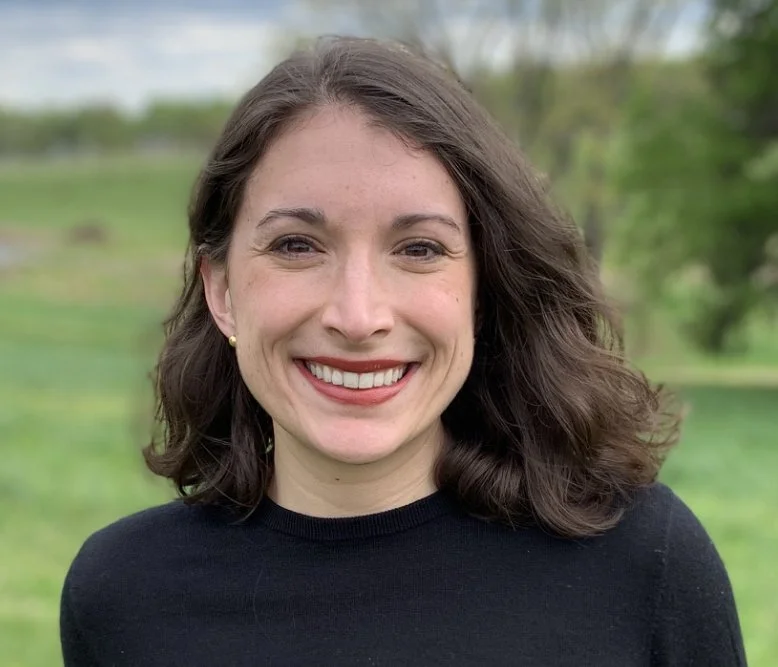
Jess Swoboda
Jess Swoboda is an advising fellow at the University of Virginia and a contributing editor at The Point. She co-hosts "the podcast Selected Novels with Zach Fine for The Point, and served as the Public Thinking Workshop Coordinator from 2023-24.
-
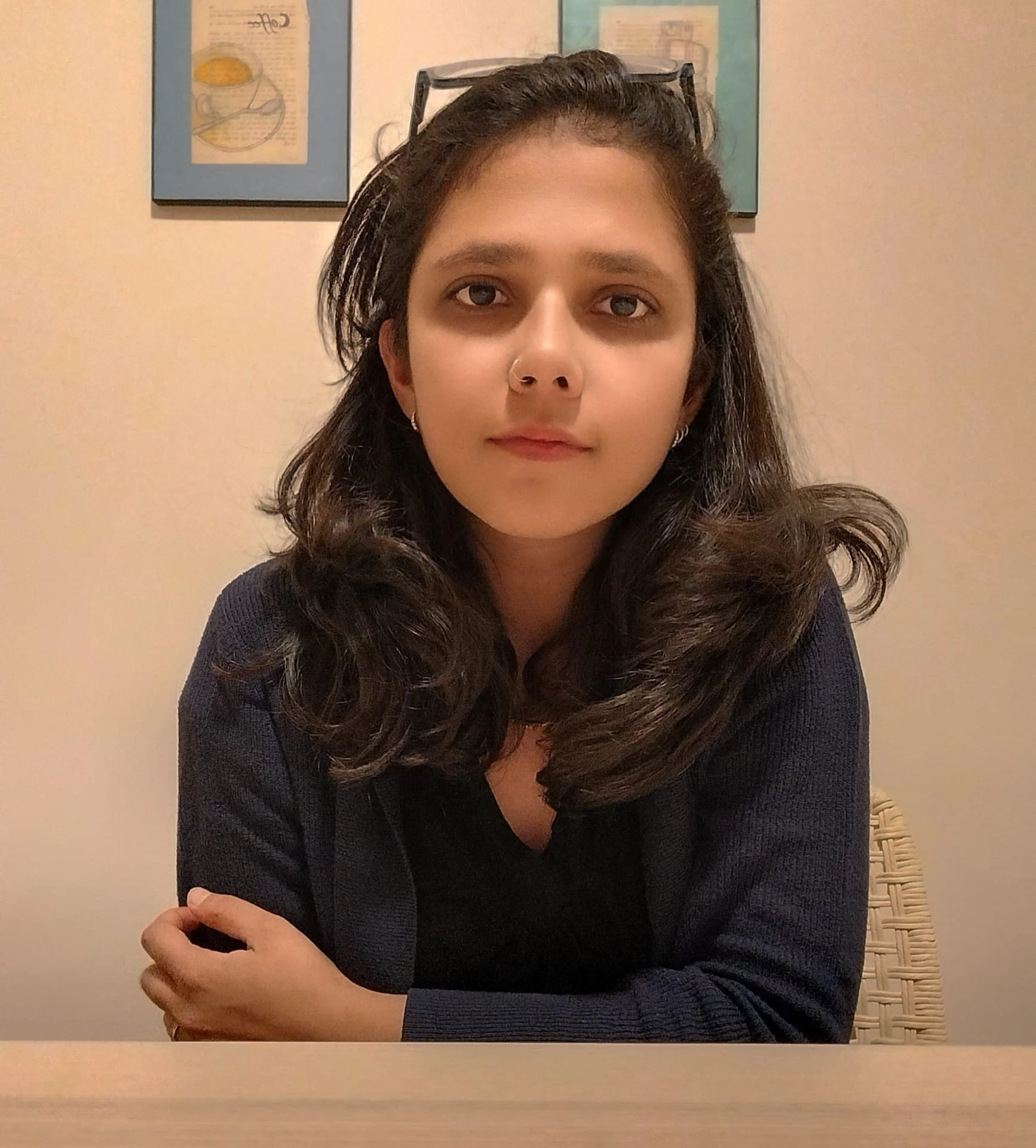
Apoorva Tadepalli
Apoorva Tadepalli is a contributing editor to The Point and a freelance writer who has written essays and criticism for The Point, the Nation, Bookforum, n+1, and elsewhere. She received her M.A. from the NYU Cultural Criticism & Reporting program and worked as an editor at Lapham’s Quarterly for several years.
-
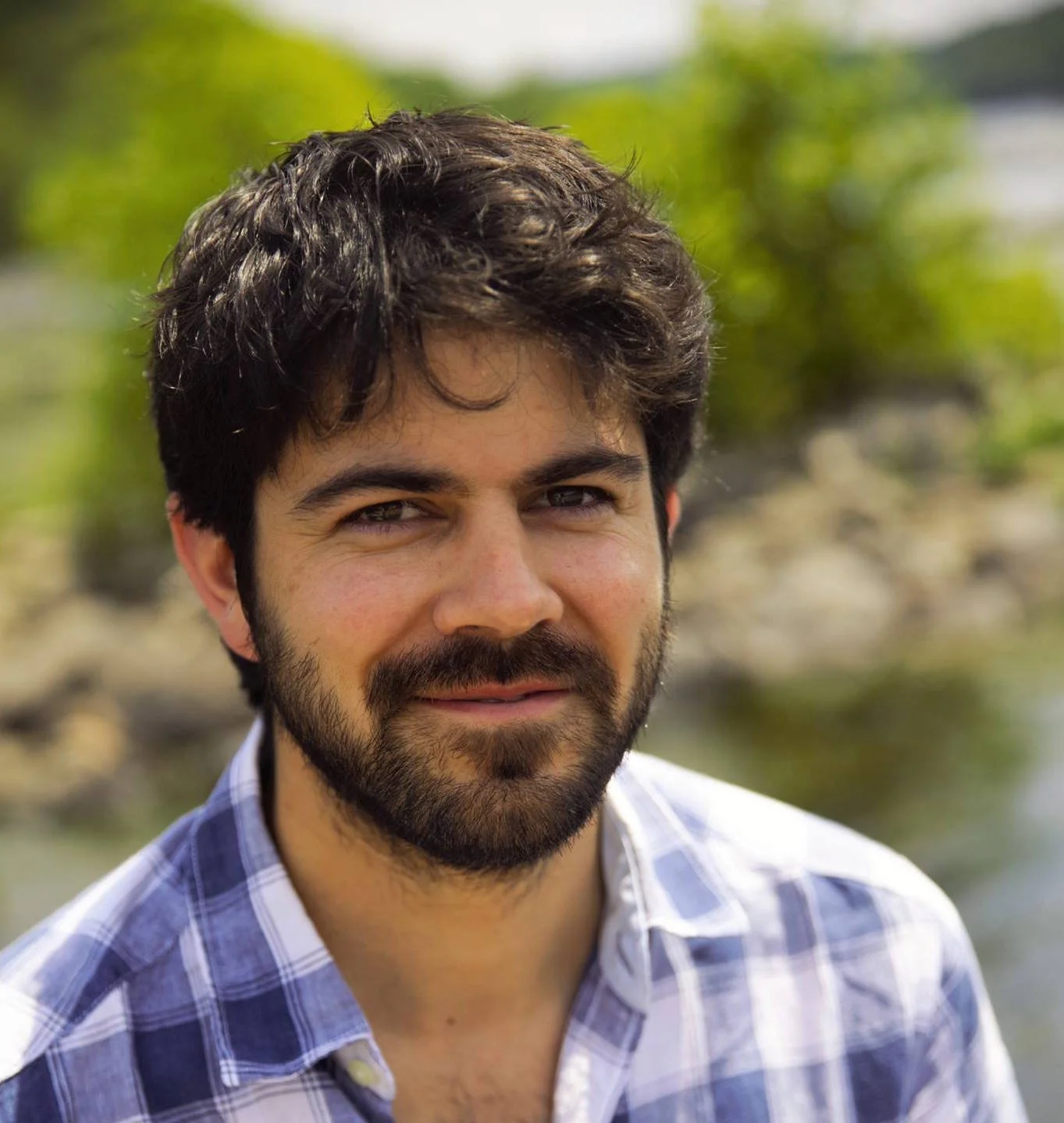
Jonny Thakkar
Jonny Thakkar is a founding editor of The Point and an assistant professor of political science at Swarthmore College. He is the author of the book Plato as Critical Theorist. He was one of the instructors for the 2024 summer workshop and will return to lead the “Democracy and the Elites” workshop this summer, with Agnes Callard.
Contact us.
publicthinking@uchicago.edu
(312) 345-3224

